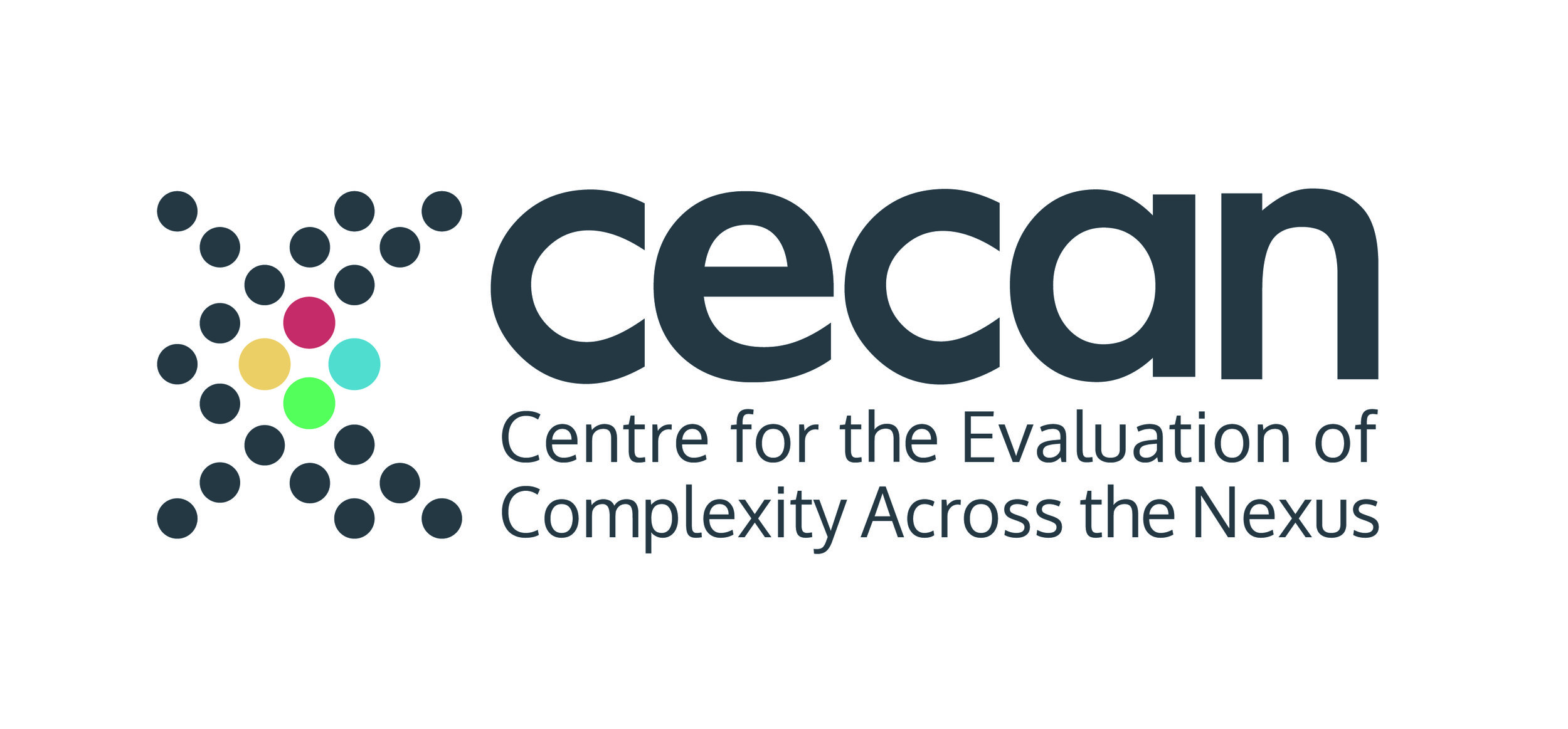CEP ran workshop on global megatrends and the Western Balkans
Photo credit: ‘Ljubljana’ by Miran Hojnik on Flickr (CC BY 2.0)
CEP delivered workshop in Slovenia exploring the implications of global megatrends for the Western Balkans
CEP led an expert workshop in Ljubljana, Slovenia on 10/11 April 2017, as part of the project Water Use in the Western Balkans: regional outlooks and global megatrends undertaken for the European Environment Agency (EEA).
The workshop brought together 21 regional experts and stakeholders in a scoping exercise intended to identify and prioritise the implications of global megatrends (GMTs) for the Western Balkans region related to the water-food-energy nexus. The implications identified were assessed in terms of the likelihood of their occurrence, the magnitude of their effect and the timescale over which they may occur.
The outputs of this workshop will inform a second regional workshop to be held as part of this project that will focus on the risks and opportunities for the Western Balkans region arising from the GMT implications identified and any existing policy gaps and needs.
CEP is leading the work related to global megatrends, adapting and implementing a method toolkit previously developed (by CEP) for the European Environment Agency.











